Tags
ADHD adolescence attention book review boundary conditions classroom advice conference speakers constructivism/direct instruction creativity desirable difficulty development dual coding education elementary school embodied cognition emotion evolution executive function exercise experts and novices gender high school homework intelligence long-term memory math methodology middle school mindfulness Mindset motivation neuromyths neuroscience online learning parents psychology reading retrieval practice self-control skepticism sleep STEM stress technology working memoryRecent Comments
- I Am a Doctrinaire Extremist; S/he Is a Thoughtful Moderate |Education & Teacher Conferences on Which Is Better: “Desirable Difficulty” or “Productive Struggle”?
- "Writing By Hand Fosters Neural Connections..." |Education & Teacher Conferences on Handwritten Notes or Laptop Notes: A Skeptic Converted?
- Weather Forecasting and Cognitive Science |Education & Teacher Conferences on The Jigsaw Advantage: Should Students Puzzle It Out?
- Weather Forecasting and Cognitive Science |Education & Teacher Conferences on A Beacon in the Mindset Wilderness
- Helen R on The Dangers of “The Big Ask”: In Defense of Stubborn...
ABOUT THE BLOG
Tag Archives: neuroscience

Good Morning, I love You: Mindfulness and Self-Compassion Practice to...
Shauna Shapiro, expert in mindfulness and compassion, recently authored Good Morning, I love You: Mindfulness…
Posted in Book Reviews
Tagged mindfulness, neuroscience, rewire brain, self-compassion
Leave a comment
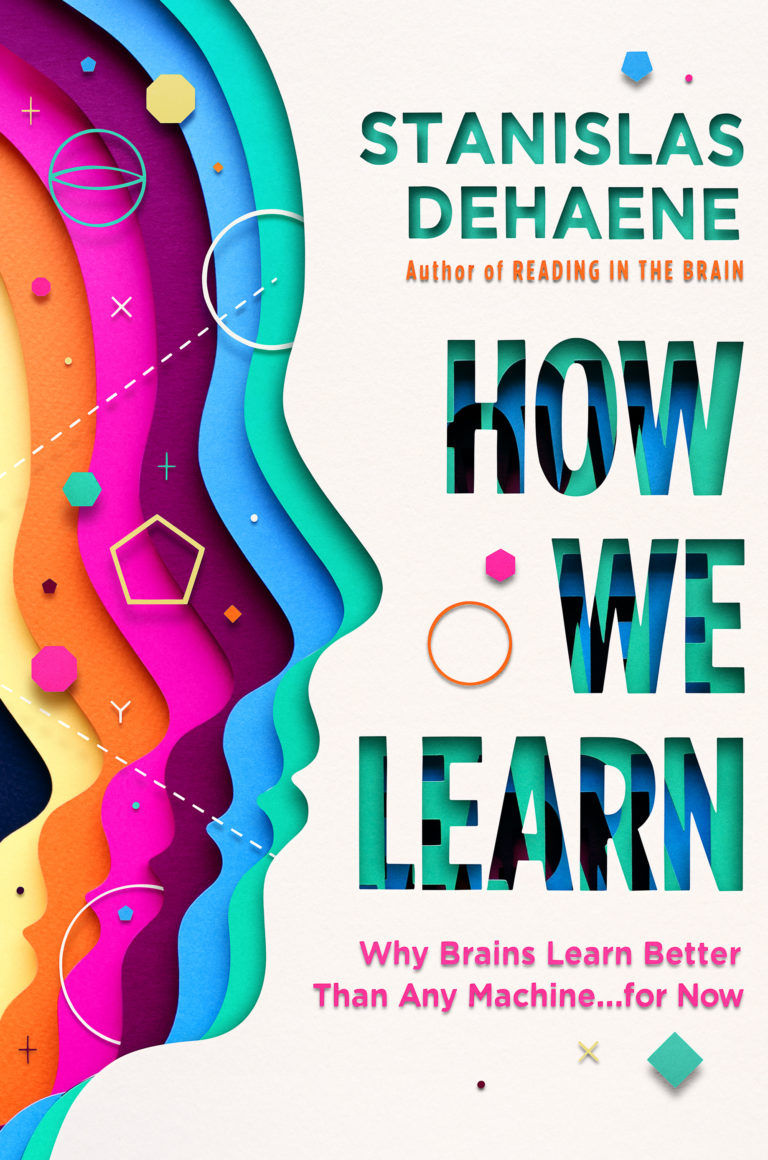
“How We Learn”: Wise Teaching Guidance from a Really Brainy...
How We Learn, by Stanislas Dehaene, offers a rich and fascinating look at human brains, their ways of learning, and the best ways to teach them. Continue reading
Posted in Book Reviews, L&B Blog
Tagged attention, classroom advice, neuroscience, parents
3 Comments

What Students Want to Know about Brains and Learning, Part...
High school students have questions. We have (some) answers. Continue reading

“How You Got to Be So Smart”: The Evolution of...
Evolution of the Learning Brain: or How You Got to Be So Smart, by Paul Howard-Jones, offers an evolutionary history of learning itself. Both richly scientific and fun to read, it gives teachers a helpful, fresh perspective on our work in classrooms and schools. Continue reading

Constructivism: In The Brain, In The Classroom
Is constructivism a theory of learning, or a theory of teaching? Mike Hobbiss offers a provocative answer. Continue reading
![AdobeStock_125663401 [Converted]_Credit](https://www.learningandthebrain.com/blog/wp-content/uploads/2019/05/AdobeStock_125663401-Converted_Credit-768x847.jpg)
Right Brained Language Learning (And Other Reasons to Ignore Brain...
Recent research shows that right-hemisphere brain activity predicts successful language learning. For that reason (and many others), we shouldn’t think about “right-brain” or “left-brain” mental functions. Continue reading
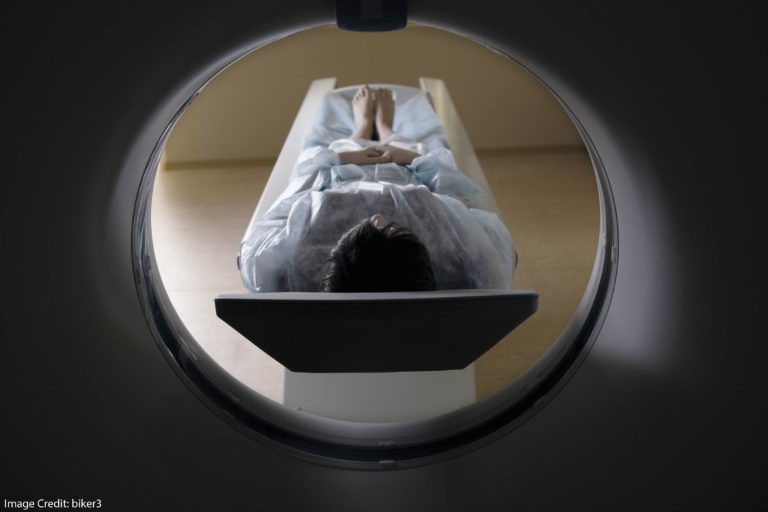
No, Brain Scans Can’t See You Think
https://npjscilearncommunity.nature.com/users/19663-tracey-tokuhama-espinosa/posts/42620-deciphering-fact-from-fiction-about-the-brain Continue reading
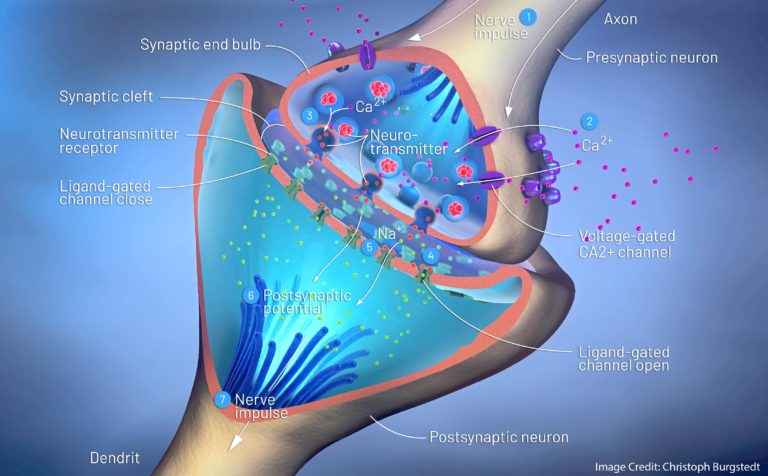
The Best-Known Neural Model of Learning Might be Substantially Wrong
A new neural model of long-term memory formation might change our understanding of learning. It should not, however, change our approaches to teaching. Continue reading
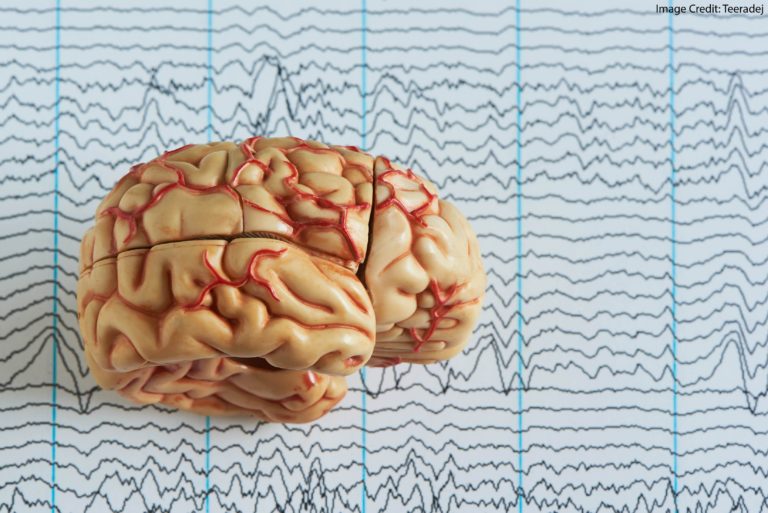
STOP THE PRESSES (And Yet, Remain Calm)
In the world of science, if you see the right kind of evidence, you have…
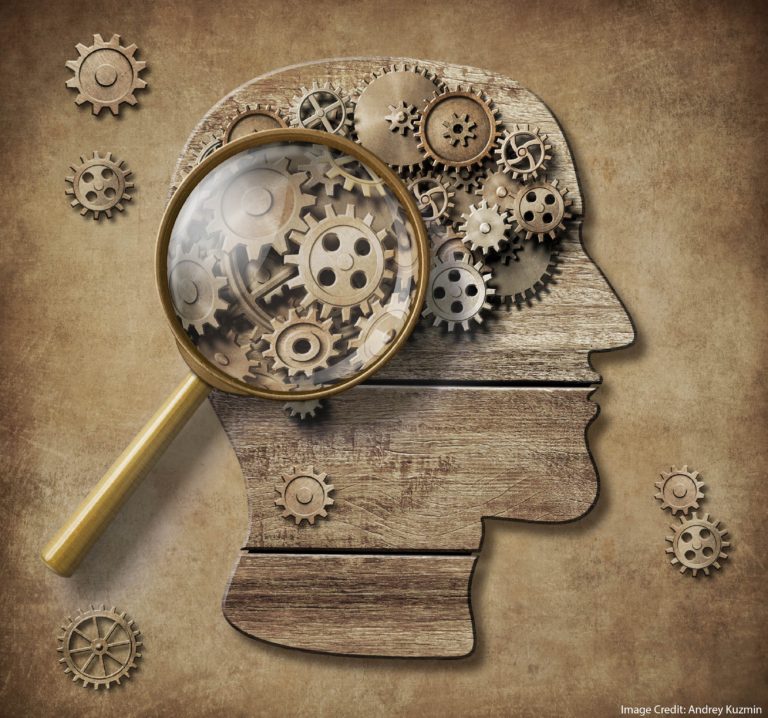
Working Memory Overload Throws Neurons Out of Synch
Students use working memory all day long, but they — and we — don’t have very much. New research is starting to explain what happens when they experience working memory overload. In brief: brain regions that must function synchronously stop doing so. Some day this research field might help our students learn more effectively. Continue reading
